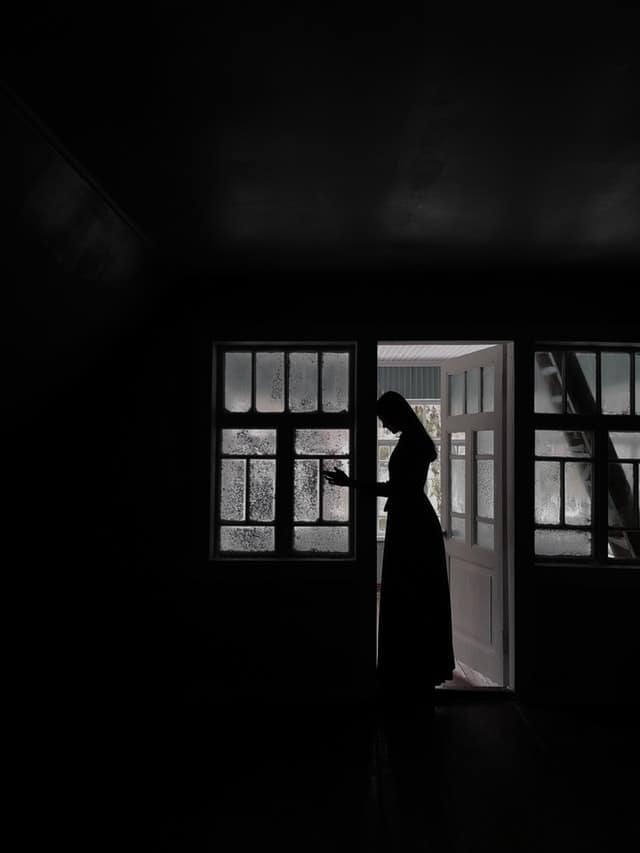a deadly goddess with a flaw in her
Meet Lady Fate, a character from The Foreign Sorcerer:
“She watched the damned storm off, his indignation and mortification swirling around him like a cloud of biting flies. How like humanity, she reflected. How very like, even in this mutated form. She didn’t know why he endured it—the past wasn’t her province—but she knew he would cut himself loose eventually.
He traveled down the path of his destiny as readily as though the future was towing him on a line; it was how everyone walked the course of their lives. Not because they had no choice: because of the choices that they made. Because of who they were and how they chose to let it make them behave.
Although he couldn’t bring himself to admit it yet, the Cities already belonged to him, and he to them. Unlike fate, love wasn’t a force you could control simply by making a choice to do otherwise. She found it troubling that she hadn’t forgotten this.
A beggar happened past, where she stood in the shadows near the lovely new spring. She had no idea where he’d been throughout the miracle, but he hadn’t been here and the sickness burned in him. He didn’t sport the blackened pustules others had, but human weakness was terribly obvious to her. It was in him now and it would blossom soon.
Her eyes tracked him as he passed the well where people were now crowding to get a drink, many with a pot or bottle to take water home with them. It had already made a stream flowing toward the nearby river, but everyone wanted to be close to the source. Whether because of sanitation or just to be party to another miracle.
The sick man passed between the crowd and her, and she could so easily have pushed him. Tickled his nose so he sneezed. Let him brush through the midst of this crowd, half of them carrying water-filled drinking receptacles.
But he was too eager to get home to wonder about the jostling people. He’d earned enough today to buy a bottle and was shaking with the need to crack its seal. He would go home, he would drink himself blind, he would pass out for a goodly while. Because she hadn’t interfered, he would die in solitude, unremarked, and lie in his shanty so long before anyone noticed him that the pestilence he carried would have died as well before anyone touched the body.
Because she hadn’t interfered.
Because she’d let him pass and not laid a hand upon his destiny.
Because she had felt—Not a twinge of guilt, no, but an awareness of the consequences. How they would impact people. An understanding of the suffering it would bring, if she let the plague live and set it loose again, which didn’t bother her, but still. She had stopped to think about it and let the opportunity walk past.
It was a strange thing, and she walked away as she tried to understand why it had happened.” –from The Shuttle that Weaves the Shroud

Comments are closed